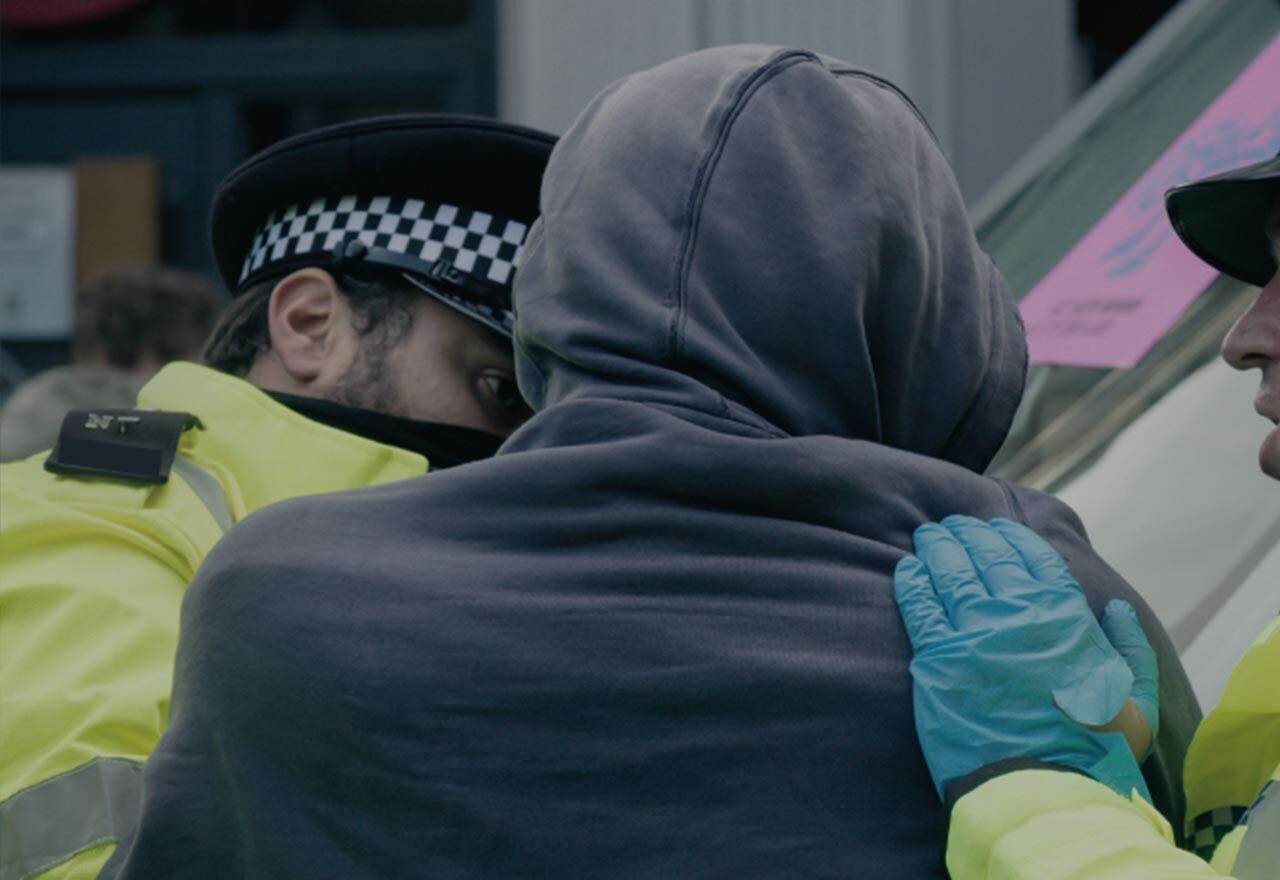On the day of the alleged offences, police were investigating reports from members of the community that drug dealing was taking place in and around Corbiere House Block of De Beauvoir Estate in Hackney, East London.
When the police arrived at the scene the police encountered our client, who was simply exiting his block.
Our client is a young man who has had life long learning difficulties and is supported by local council to access education by way of his healthcare, education, and care plans.
When the police encountered our client, they began to enact a stop and search process. As weapons had been previously located elsewhere in the estate, it was suspected that our client may have unlawful items on his person.
The police reported that our client made evasive actions and behaviour in response to “basic” questions pose to our client.
But it was later revealed by a court-ordered intermediary that our client’s learning difficulties affected his ability to effectively communicate. The defendant would need strategies that allow him to communicate fully within the court environment, both while giving evidence and during court proceedings.
Therefore, our client would not have understood the police’s questions and intentions at this time, leading them to believe his actions evasive and aggressive in the face of a stop and search.
“Court Intermediaries” are professionals with expertise in facilitating the communication vulnerable people. Intermediaries provide impartial recommendations to Her Majesty’s Courts and Tribunals Service (HMCTS) concerning a person’s individual communication needs during a court or tribunal hearing.
During an ineffective stop and search procedure that resulted in our young client being held in a leg restraint on the floor, a small green Swiss army knife was found.
As a result of this arrest, our client was charged with two counts of assault of an emergency worker for the alleged injuries caused to officers during the arrest, and the possession of knife, blade, or sharp-pointed article in a public place.
At his first trial date, our client pled guilty to the charge of possession of a knife in a public place but denied the charge and allegations of two counts of assault against an emergency worker, i.e., the arresting police officers.
Stuart Miller Solicitor’s team of expert criminal defence solicitors, junior lawyers and paralegals analysed the disclosures made by the Crown Prosecution Services, which included the Body Worn Footage (BWF) of the alleged incident of two counts of assault against an emergency worker.
It was determined by our team that the police failed to comply with the elements of ‘GO WISELY’ under Code A of the Police and Evidence Act.
‘GO WISELY’ is an acronym in place to aid police officers remember the information they are supposed to give to an individual before the search is carried out.
Grounds – Officers much give a clear reason and explanation for the search including why he finds you to be suspicious.
Object – An explanation of what the officer will be looking for, for example, firearms, weapons, drugs.
Warrant – Officers who are not in uniform must produce their warrant cards.
Identity – Officers must state their name and collar number.
Station – Officers must identify their station.
Entitlement – Officers must ensure you are informed of your entitlement to a copy of the stop and search “slip” or record.
Legal – Officers must ensure they specify the legislation under which they are conducting their search.
You – Officers must comprehensively explain to you that you are being detained for the purpose of a search.
Police officers conducting a stop and search are required to work through this process before a stop and search is conducted.
Therefore, the stop and search carried out on our client was an unlawful stop and search.
Duygu Basiguzel, our criminal defence solicitor with a proven track record of securing clients’ charge dismissals and discontinuances of sentences wrote an extensive document that outlined the reasons why our client’s case should be dropped.
This document was submitted to the court.
Solicitor Duygu Basiguzel commented on this document, stating:
“We respectfully submitted that given the comparative seriousness of the alleged offence, limited culpability of the defendant and the circumstances of the allegations and harm sustained it is not in the public interest to pursue any prosecutions of the defendant for the alleged assaults against the emergency workers”.
Our clients charge of assault of an emergency worker was discontinued.





